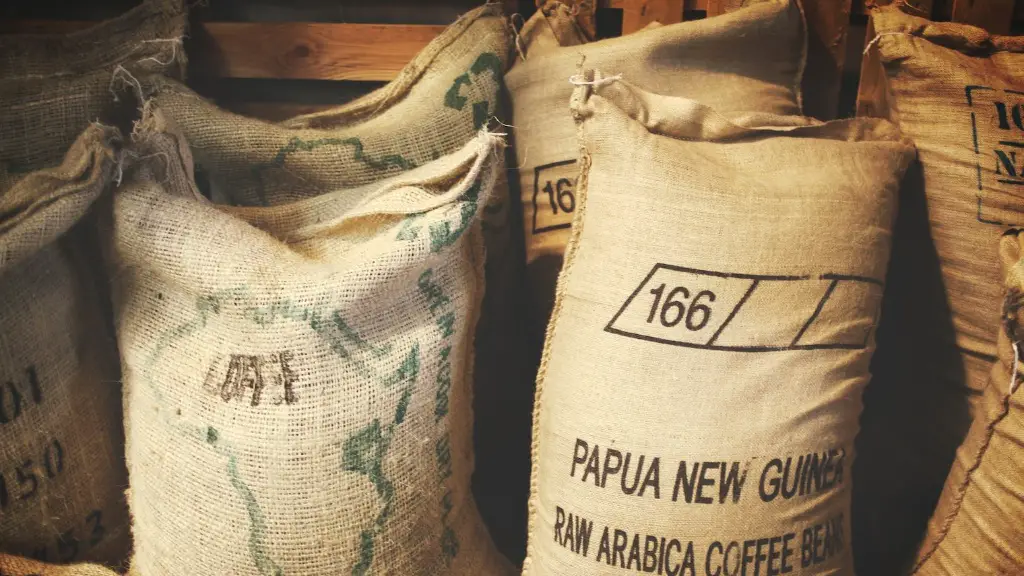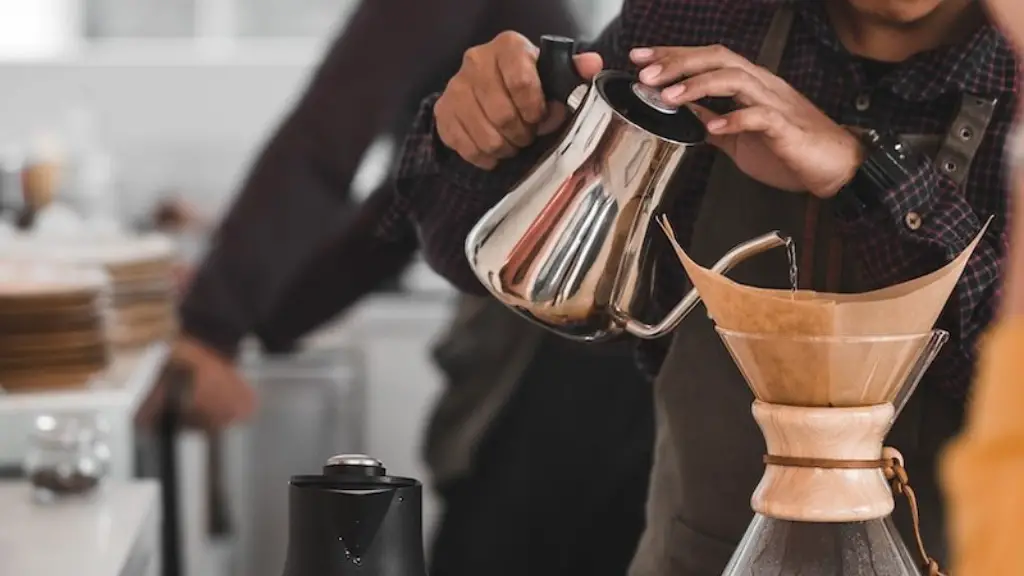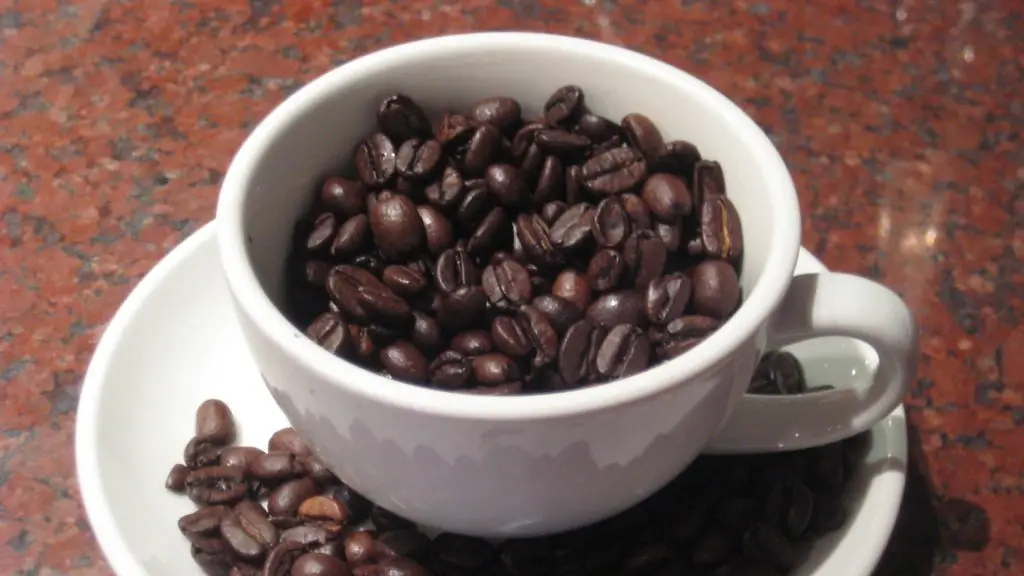Benefits Of Drinking Coffee Before Workout
Most of us are familiar with the energizing effects of caffeine when we’re flagging during the day—but did you know it can be beneficial after a workout too? Having a cup of coffee before exercise can help to boost your performance and also help you to get the most out of your workout.
Some researchers studying the effects of caffeine on different types of exercise found that it can increase your metabolism, help to control your blood sugar, and boost your athletic performance in endurance activities. This is due to caffeine raising your body temperature which helps to improve your performance.
Caffeine can also help to improve your focus, allowing you to stay in the zone longer, and increase your motivation for a harder workout. Studies show that caffeine encourages the release of dopamine, a neurotransmitter associated with feelings of pleasure.
Coffee, in particular, contains antioxidants which can help to reduce inflammation and help you to recover better after your workout. Researchers also suggest that drinking coffee post-workout helps to refuel your glycogen stores, which play a crucial role in supplying muscles with energy during exercise, particularly endurance activities. Caffeine can also increase the rate of fat-burning during your workout, enabling it to become your body’s fuel rather than muscle, which preserves your hard-earned muscles for longer.
Now, with all these benefits in mind, the question is—which coffee should you have before your workout?
Which Coffee Should I Drink?
If you’re looking for a caffeine boost before exercise, then it’s important to choose wisely. Since coffee contains caffeine, it makes sense to pick one that is as pure as possible with less additive ingredients. Cold-brew coffee, as opposed to regular brewed coffee, is generally easier to digest due to its’ low acidity level, meaning that it fluid won’t take longer to reach your stomach which can be a good thing when you’re exercising.
With cold-brew coffee, you get a natural and balanced flavour profile, which won’t leave you feeling thirsty afterwards. And, since it takes a good 12 hours to brew cold-brew coffee, the blend has greater extraction of coffee compounds, leading to far higher concentration of caffeine and flavonoids. This will give your brain plenty of fuel for a more intense workout.
If you don’t like the taste of coffee, there are also plenty of cold-brew alternatives that can provide high-levels of caffeine such as concentrated energy shots, coffee energy drinks, cold brew concentrate and coffee infused products. Most of these come in easy-carry containers, so you can have one before and during your workout.
Your Pre-Workout Coffee Routine
How much coffee you should consume before your workout depends on factors such as body weight, food intake, and activity level. Studies suggest that 3-5 mg/kg of caffeine is enough to reap the energy benefits before exercising. A good guideline is to have one 8 ounce cup of coffee one hour before your exercise routine.
If you’re reactive to caffeine, you may experience side-effects like heart palpitations and jitters. This can be a sign that you’ve had too much, or gone for a stronger blend than you should have. Similarly, you may also experience an unwanted crash after an hour or so as the effects start to wear off—however, this just depends on how well your body metabolizes caffeine, so there isn’t really one answer for everyone.
It is generally recommended that you don’t have too much caffeine if you’re doing short-term, high-intensity activities, as it can have an adverse effect. Pre-workout coffee should be less strong than the coffee you’d drink at other times of the day, as it woouldn’t be as beneficial.
Avoiding A Caffeine Overdose
Eating a balanced, nutritious breakfast alongside your cup of coffee will reduce the likelihood of an overdose. Eating anything high in carbs, such as oatmeal and whole-grain toast, will help to balance the effects of caffeine, allowing for the slow release of energy for optimal performance.
Avoid combining caffeine with other supplements or energy drinks as these can result in a dangerous overdose. Likewise, avoid drinking coffee late at night or before bed as the effects can keep you awake for hours.
It’s also worth noting that regular coffee isn’t for everyone—especially those who suffer from indigestion or chronic heartburn. A better option would be to opt for decaf coffee or beverages made from toasted grains such as barley, oats or rye. These alternatives are high in antioxidants and are an easy way to get the energy you need before your workout.
Staying Hydrated
Caffeine has a slight diuretic effect, meaning that it can dehydrate you if you have too much of it. If you’re drinking caffeinated coffee before exercise, it’s essential to stay hydrated throughout the day. This is especially true if you’re doing intensive physical activity. Make sure to drink at least eight 8-ounce glasses of water every day.
You should also make sure to rehydrate after a workout, as it helps to replenish the fluids lost during exercise. If you’re using caffeine for physical performance, look for electrolyte-infused drinks like a sports drink, protein shakes, or coconut water. These will help to replace the essential minerals lost during activity.
The Takeaway
Coffee has been linked with a range of physical and cognitive performance benefits. Drinking coffee before exercise can increase your energy output, help you burn fat faster, improve concentration, and more. However, it’s important that you don’t overdo it, as too much caffeine can result in adverse side-effects and dehydration. Make sure to stick to the guidelines for caffeine consumption for your age, gender and physical activity level.
It’s also important to stay hydrated throughout the day and to rehydrate afterwards. By following these simple rules, you can take advantage of coffee’s energizing effects and reap the full benefits from your workout.




